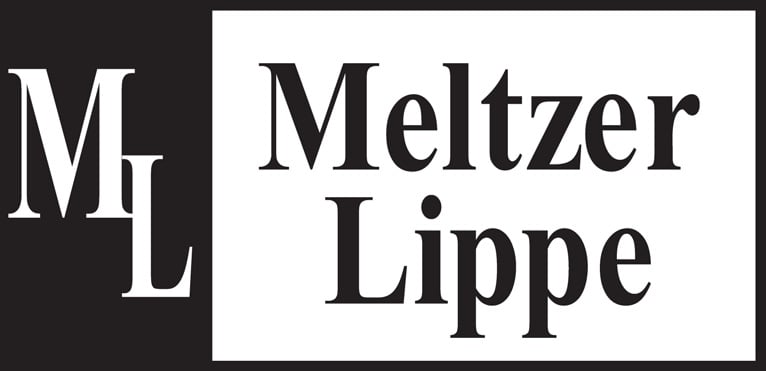On the heels of the #MeToo movement and a number of recent high-profile cases involving allegations of sexual harassment at work, the New York State and New York City legislatures have passed a number of new legislative provisions designed to expand protections for victims of sexual harassment and improve anti-harassment policies and training practices among employers. Changes include: (1) mandatory training and policy requirements; (2) increased restrictions on terms used by employers in settlement agreements with complainants; and (3) expanded protections against sexual harassment in the workplace. Some of these changes have already taken effect, while others are scheduled to take effect in the coming year.
1. Mandatory Training and Policy Requirements
Effective September 6, 2018, the City will require all employers to display a poster and distribute an information sheet to all employees detailing employees’ and employers’ rights and responsibilities with respect to preventing sexual harassment in the workplace. The poster and information sheet are being developed by the New York City Commission on Human Rights (“NYCCHR”), and are expected to be made available through NYCCHR’s website before the September 6 compliance deadline.
Effective October 9, 2018, all employers throughout New York State will be required to adopt a model policy and anti-harassment training program to be developed by the New York State Department of Labor and New York State Division of Human Rights. Alternatively, employers can adopt a policy and training program which equals or exceeds the standards set forth in the model policy and training program. Moreover, employers must provide the prescribed anti-harassment training to all employees on at least an annual basis.
Effective April 1, 2019, all private employers within New York City with 15 or more employees will be required to conduct annual anti-harassment training for all employees, and will further be required to offer anti-harassment training to all new employees within 90 days of hire. New York City employers will also be required to offer additional annual training to supervisors and managers explaining their responsibilities in preventing sexual harassment and their role in the complaint procedures available to employees, and will be required to keep training records and signed employee training acknowledgments for a minimum of three (3) years.
2. Elimination of Confidentiality Clauses & Similar Contractual Prohibitions
Effective July 11, 2018, New York State law limits the provisions which employers can include in various types of contracts, First, employers are prohibited from including in contracts with employees or others any provision which would mandate binding arbitration to resolve complaints of sexual harassment. (Arbitration provisions which are part of a collectively bargained-for agreement are excluded from this prohibition.)
Next, employers are prohibited from including nondisclosure provisions in settlement agreements resolving sexual harassment claims unless the claimant prefers to include the nondisclosure provision. The law also imposes additional conditions on the execution and enforceability of an agreement which does include a nondisclosure provision, such as providing the claimant at least twenty one (21) days to consider any proposed nondisclosure clause, and providing the claimant a seven (7) day period to revoke any agreement including a nondisclosure provision after signing.
3. Expansion of Protections Against Sexual Harassment in the Workplace
Both the New York State and New York City laws have expanded the protections available to individuals in the workplace who are victims of sexual harassment. At the State level, the new State provisions expand the class of individuals protected against sexual harassment under the New York State Human Rights Law to include non-employees such as contractors, subcontractors, vendors, consultants, and any other individuals providing services within a workplace under the terms of a contract, regardless of said individuals’ classification. Accordingly, employers may now be held liable to protected non-employees for any sexual harassment about which an employer or its agents or supervisors knew or should have known and in response to which the employer failed to take “immediate and appropriate corrective action.”
At the City level, the Stop Sexual Harassment in NYC Act (the “Act”) has extended statute of limitations for filing gender-based harassment claims pursuant to the New York City Human Rights Law (“NYCHRL”), from one (1) year to three (3) years. In other words, an employee who believes he or she has experienced sexual harassment may raise a claim before the NYCCHR or in State Court up to three (3) years after the incident occurs. Additionally, the Act extends the NYCHRL’s prohibition on gender-based harassment to cover all employers, regardless of the size of the workplace. Previously, only employers with four (4) or more employees were covered by the NYCHRL’s gender-based harassment prohibition.
